
8 Anti-Can cer Foods to Add to Your Diet for Prevention
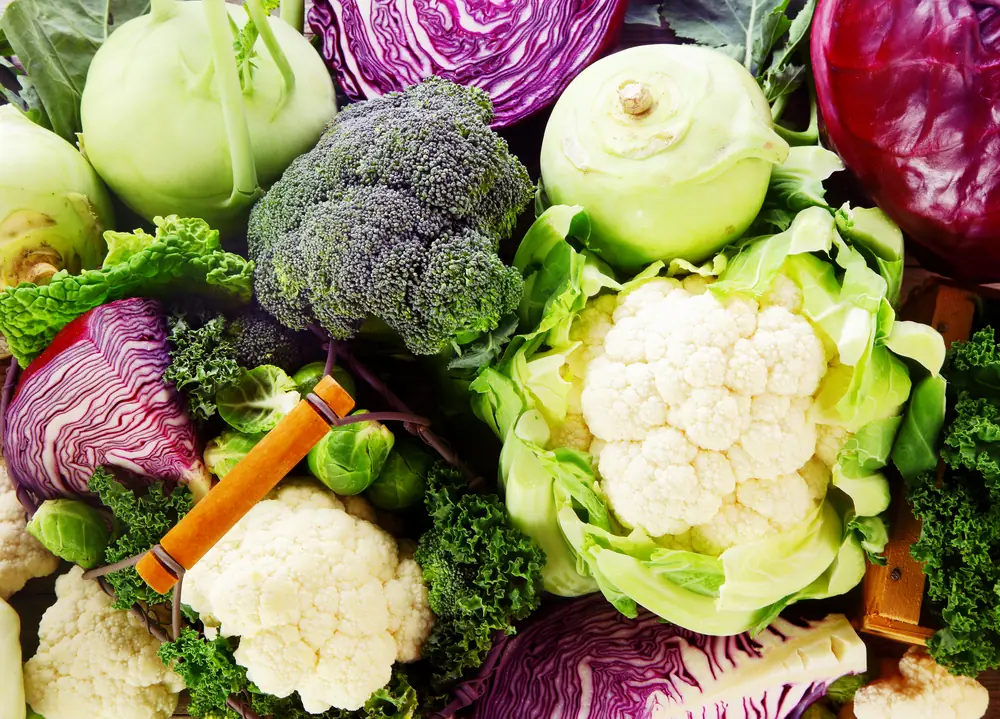
Source: Shutterstock
Cancer is a prevalent and life-altering disease, with research consistently focusing on both treatments and prevention. According to the American Cancer Society, approximately 40% of adults in the United States are at risk of developing cancer during their lifetime. While it's not possible to guarantee that you won't develop cancer, there are lifestyle factors—especially diet—that can significantly reduce your risk. Research suggests that eating certain foods rich in antioxidants, vitamins, and phytochemicals (also known as phytonutrients) can contribute to lowering cancer risks.
However, it's essential to understand that no food can directly fight or cure cancer. “Research tells us that making consistent healthy food choices over time can reduce your risk of cancer,” says wellness dietitian Lindsey Wohlford. “But there are no guarantees.” Despite this, incorporating anti-cancer foods into your diet can improve overall health and offer protective benefits. In this article, we'll explore eight foods that may help lower your cancer risk, as well as why they work.
What Are Anti-Cancer Foods?
Anti-cancer foods are typically plant-based, containing powerful compounds like phytochemicals or phytonutrients, which are found in fruits, vegetables, grains, nuts, and seeds. These compounds help prevent a range of chronic diseases, including cancer. While no single food guarantees immunity, combining a variety of these foods into your diet can help maintain a healthy immune system and reduce inflammation, two key components in the fight against cancer. The best approach, says Wohlford, is to "eat the rainbow" by choosing a variety of colorful fruits and vegetables, each offering unique nutrients and antioxidants.
8 Anti-Cancer Foods to Include in Your Diet
-
Cruciferous Vegetables
Cruciferous vegetables are known for their cancer-fighting properties, making them a top recommendation for cancer prevention. These include broccoli, cauliflower, Brussels sprouts, cabbage, kale, bok choy, and arugula. They are rich in carotenoids like beta-carotene and lutein, as well as vitamin C, folate, and sulfur-containing compounds such as glucosinolates, indoles, and isothiocyanates. These compounds have been linked to a reduced risk of various cancers, including lung, colorectal, prostate, and breast cancer. A study published in The Journal of Nutrition found that consuming these vegetables regularly may help lower the risk of certain cancers, particularly colorectal cancer.
-
Turmeric
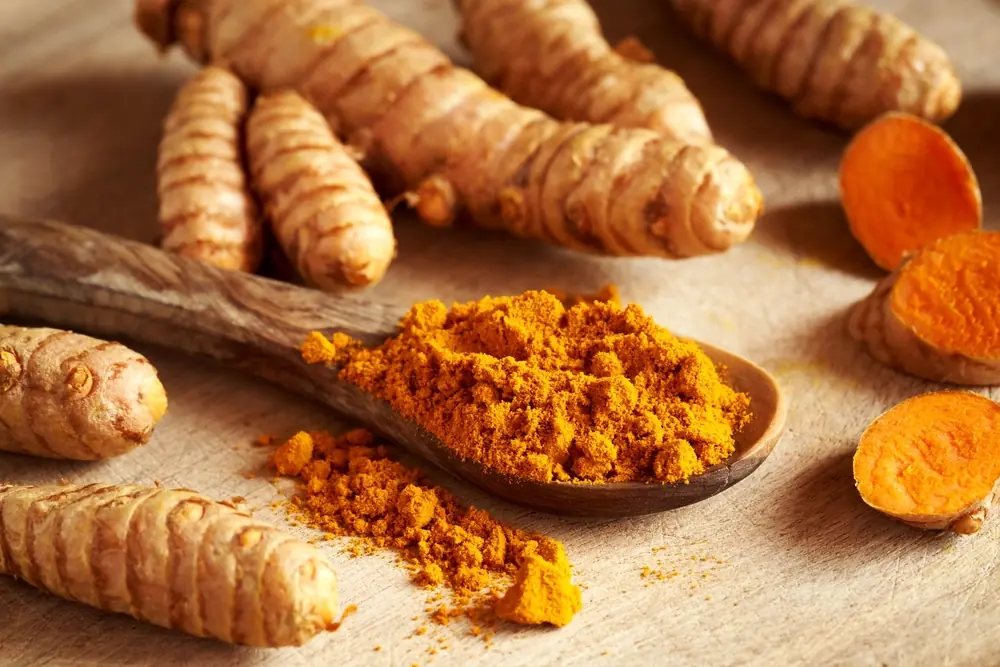
Source: Shutterstock
Turmeric, a bright orange spice commonly used in curry dishes, contains a compound called curcumin. Curcumin is believed to have anti-inflammatory properties, which may play a key role in cancer prevention. Chronic inflammation is linked to many types of cancer, so reducing it with turmeric could help lower your risk. Some studies suggest that curcumin enhances the effectiveness of chemotherapy and may even protect healthy cells from the harmful effects of radiation therapy. Adding turmeric to your diet through curries, soups, or smoothies is a simple way to benefit from its properties.
-
Mushrooms
Mushrooms are packed with antioxidants, vitamins, and minerals that help fight oxidative stress—an imbalance between free radicals and antioxidants that contributes to cancer development. Specific compounds found in mushrooms, like L-ergothioneine, have been linked to a decreased risk of cancer. A study involving over 36,000 Japanese men revealed that those who ate mushrooms regularly had a lower risk of developing prostate cancer, particularly in men over 50. Medicinal mushrooms, such as reishi, shiitake, and maitake, are especially beneficial, as they contain polysaccharides and other bioactive compounds that stimulate the immune system and help prevent tumor growth.
-
Allium Vegetables
Allium vegetables, including garlic, onions, leeks, and shallots, are rich in sulfur-containing compounds like diallyl disulfide, which have been shown to inhibit the growth of cancer cells. Research has suggested that consuming these vegetables may help reduce the risk of gastrointestinal cancers, such as colon cancer. A 2019 study involving over 1,600 Chinese participants found that people who ate more garlic and onions had a 79% lower risk of colorectal cancer. To maximize the benefits of garlic, it's best to chop or crush it before consuming, as this activates its cancer-fighting compounds.
-
Wakame (Seaweed)
Wakame, a type of edible seaweed, has shown promise in cancer prevention due to its high levels of antioxidants and other bioactive compounds. Animal and laboratory studies have indicated that wakame can suppress the growth of cancer cells, particularly in breast, colon, and kidney cancers. Though further research in humans is needed, wakame is already recognized as a source of iodine, which supports thyroid health. Regular consumption of wakame, along with other sea vegetables, may help reduce your risk of thyroid cancer, provided you balance iodine intake to avoid too much or too little, which can both pose risks.
-
Lycopene-Rich Foods
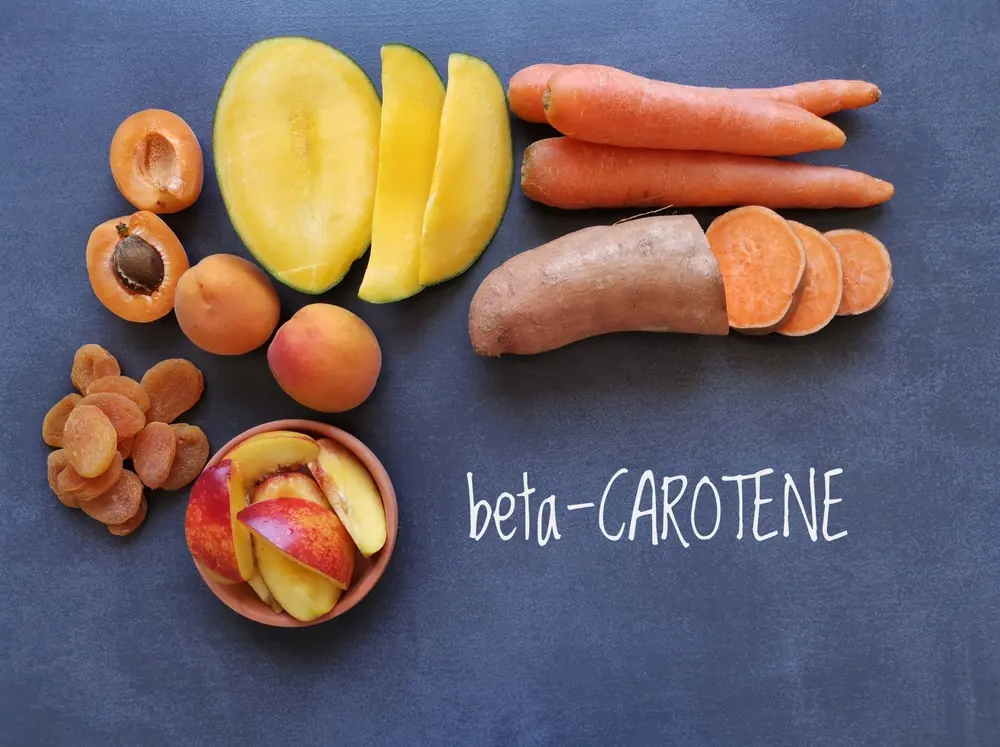
Source: Shutterstock
Lycopene is a powerful antioxidant found in red and pink fruits like tomatoes, watermelon, guava, and grapefruit. This carotenoid has been linked to a decreased risk of prostate cancer, and research suggests that lycopene’s cancer-fighting properties are enhanced when consumed in cooked or processed tomato products, such as sauces and pastes. Aside from tomatoes, other lycopene-rich foods include papayas, red bell peppers, and even cherries. Regularly incorporating these foods into your diet can provide a boost to your cancer prevention efforts.
-
Beta-Carotene-Rich Foods
Beta-carotene is another type of carotenoid found in orange and dark green vegetables, such as carrots, sweet potatoes, and spinach. Beta-carotene is converted into vitamin A in the body, which is essential for immune function and maintaining healthy skin and vision. Some studies have linked dietary carotenoids, including beta-carotene, to a lower risk of lung cancer. However, it’s important to note that supplementing with beta-carotene does not have the same effect and may even increase cancer risk in smokers. The best way to get beta-carotene is through food sources like sweet potatoes, carrots, and leafy greens.
-
Fatty Fish
Fatty fish like salmon, sardines, mackerel, and anchovies are rich in Omega-3 fatty acids and vitamin D, both of which are known to have cancer-protective effects. Omega-3s, in particular, have been shown to reduce inflammation and may play a role in inhibiting tumor growth. Studies have suggested that regular consumption of fatty fish may lower the risk of colorectal, breast, and prostate cancers. Aim to include fatty fish in your diet two to three times a week to support your overall health and reduce cancer risk.
Honorable Mentions: Other Anti-Cancer Foods
While the eight foods above are some of the most widely recognized for their cancer-fighting properties, there are many other foods that contribute to cancer prevention. These include:
-
Berries: Rich in antioxidants, particularly anthocyanins, berries such as blueberries, strawberries, and raspberries may help reduce oxidative stress and lower cancer risk.
-
Citrus Fruits: Oranges, lemons, and grapefruits are packed with vitamin C, flavonoids, and limonoids, which have been shown to have cancer-fighting properties.
-
Legumes and Lentils: High in fiber and protein, these plant-based foods can support healthy digestion and lower the risk of colorectal cancer.
-
Whole Grains: Brown rice, quinoa, and oatmeal provide essential fiber that supports gut health and reduces the risk of cancer, especially colorectal cancer.
-
Green Tea: Rich in catechins and polyphenols, green tea has been studied for its potential to fight various types of cancer, including breast and prostate cancer.
Lifestyle Factors That Affect Cancer Risk
In addition to incorporating cancer-fighting foods into your diet, it’s crucial to consider other lifestyle factors that influence cancer risk. Limiting the intake of processed meats, fried foods, refined carbohydrates, and excessive sugars can help lower your risk. Regular physical activity, maintaining a healthy weight, and managing stress are also important for reducing your risk of cancer. Avoiding tobacco use and limiting alcohol consumption are additional steps you can take to protect yourself.
Conclusion: A Proactive Approach to Cancer Prevention
While there is no surefire way to prevent cancer, adopting a healthy diet rich in anti-cancer foods, combined with a balanced lifestyle, can significantly lower your risk. By including the foods listed above—cruciferous vegetables, turmeric, mushrooms, and more—you can give your body the tools it needs to fight off disease and promote overall health. Remember, small changes in your diet and habits today can lead to long-term benefits for your health and well-being.
Disclaimer: This information is not intended to be a substitute for professional medical advice, diagnosis or treatment and is for information only. Always seek the advice of your physician or another qualified health provider with any questions about your medical condition and/or current medication. Do not disregard professional medical advice or delay seeking advice or treatment because of something you have read here.
News in the same category


Is This the Lost Ark? Ground-Penetrating Radar Uncovers Intriguing Structures Beneath Turkish Site Tied to Biblical Legend
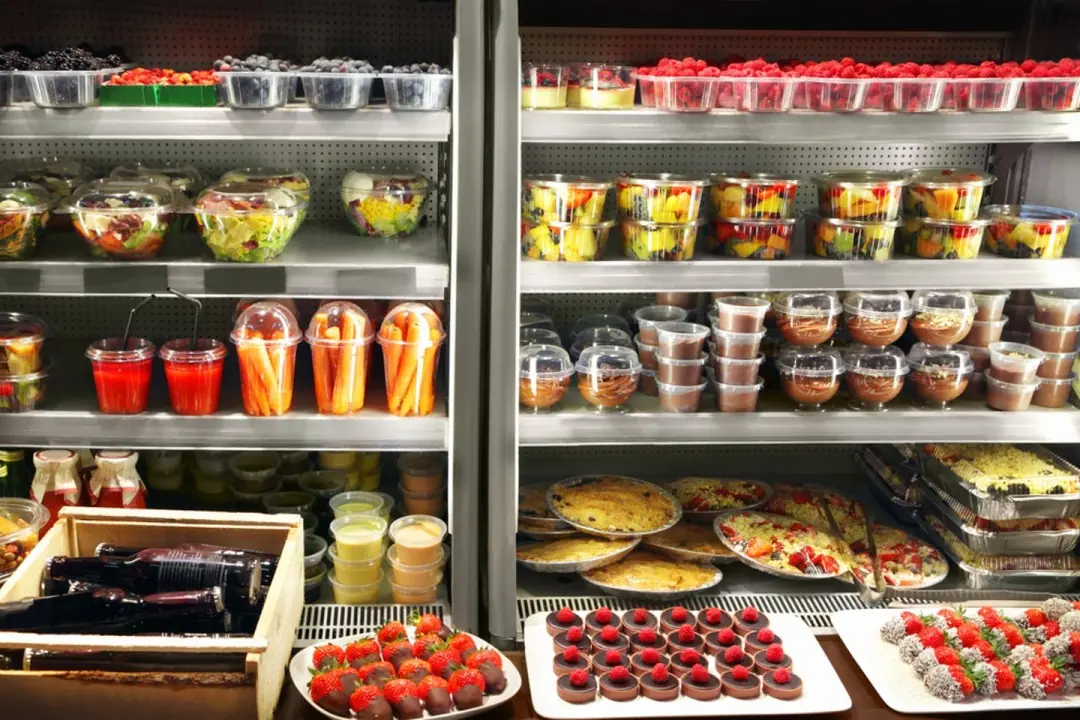
Hundreds of C@ncer-Causing Chemicals Found in Food Packaging: A Hidden Health Threat

Excessive Sleep Could Increase Dementia Risk: What You Need to Know

Bill Gates predicts three careers that AI won't replace

The Four Foods You Should Never Keep in Your Home: A Guide to Healthier Living

Kathryn Bernardo finally speaks up about rumors that she's now in a relationship

Experts Issue Warning About Frequent Use of Air Fryers: Here's What You Need to Know

Why Showering at Night Is Better Than in the Morning
For those struggling with poor sleep quality, muscle tension, or skin issues, showering at night may be a simple yet effective solution to improve overall health and well-being.

What Are Eye Floaters? Understanding Their Causes, Symptoms, and When to Seek Help
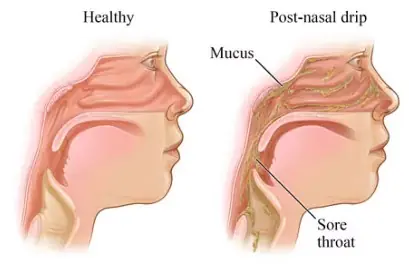
Understanding Mucus: What It Is, What It Means, and How to get rid of it

Understanding Dreams About De ceased Loved Ones: What They Mean and How They Help in Grieving

What Does It Mean To Wear a Ring On The Right Hand
The right hand represents strength, action, and decisiveness, while the finger and material you choose can further express your personality, values, and aspirations.
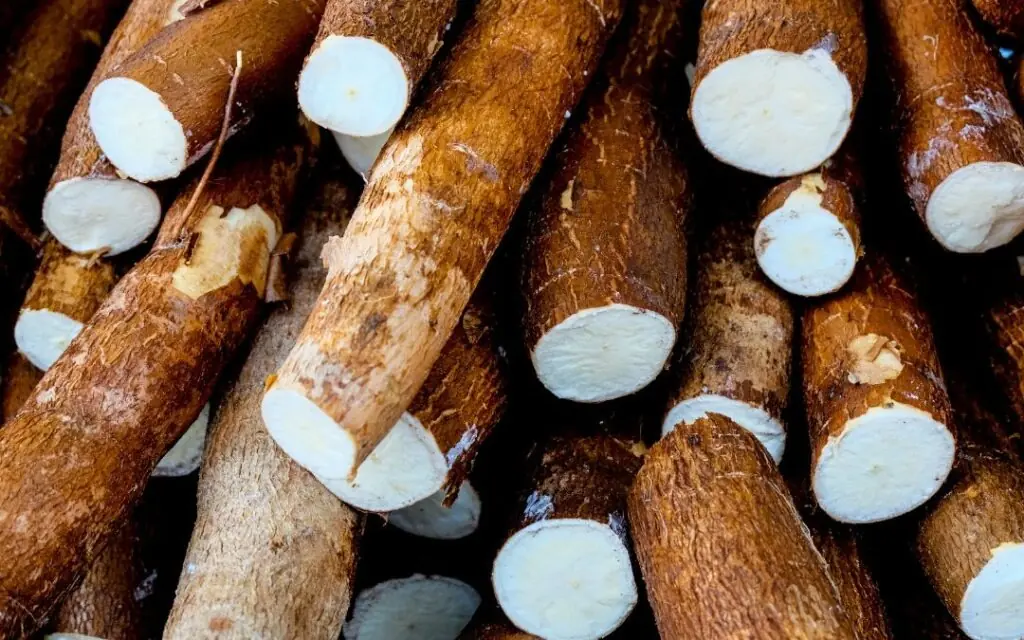
Over 200 People Are Killed By The “World’s Deadliest Food” Every Year, But Almost 500 Million People Still Eat It
No doubt there are many foods in the world that would make you feel full very quickly, but you do not usually find those at the dinner table every night.

Square Waves Are Real — and You Should Be Cautious When You See Them

Important Signs You Might Have Polymyalgia Rheumatica: A Comprehensive Guide

Off The Record: Scientists Warn of Unprecedented Global Warming Threats By 2200, Leading to Catastrophic Heatwaves, Famine, and Flooding
Scientists at Germany’s Potsdam Institute for Climate Impact Research predict a shocking rise in global temperatures by 2200, with devastating impacts including severe heatwaves, famine, and flooding. Even if carbon emissions are reduced, the future loo
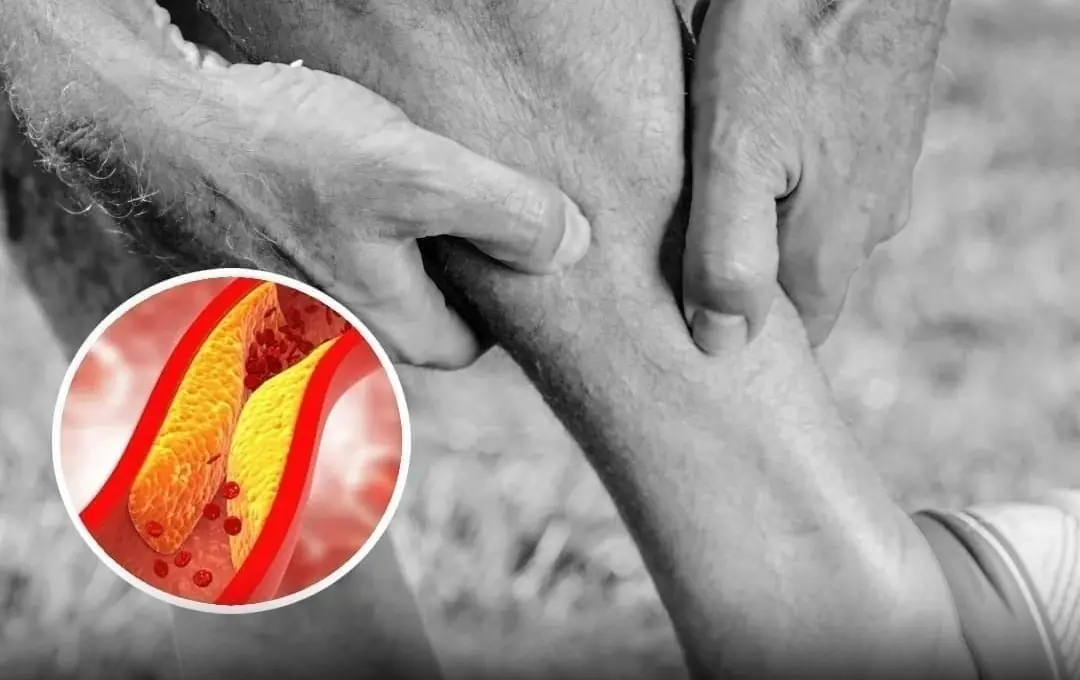
How Your Feet Could Be Signaling Heart Problems and Clogged Arteries
Symptoms like pain, swelling, numbness, or changes in skin color can indicate underlying issues with circulation, including peripheral artery disease or even heart disease.

Man Over 700 Eggs In One Month To See What It Would Do To His Body. Here’s What Happened.
Dr. Nick Norwitz’s experiment of eating 720 eggs in 30 days provides an eye-opening perspective on the relationship between dietary cholesterol and heart health.
News Post

What Lies Beneath: Camera Dropped 305 Feet into Antarctic Ice Reveals Breathtaking Secrets of Earth’s Oldest Climate Record

Is This the Lost Ark? Ground-Penetrating Radar Uncovers Intriguing Structures Beneath Turkish Site Tied to Biblical Legend

No Paycheck, No Problem: What Pope Leo XIV Will Receive as the New Leader of the Catholic Church

Robert De Niro Slams Trump at Cannes: “This Is Not Just America’s Problem”

Hundreds of C@ncer-Causing Chemicals Found in Food Packaging: A Hidden Health Threat

Joe Biden diagnosed with aggressive prostate c@ncer; political leaders express support

Ivana Alawi Re-Blesses Her Entire Home Following Alleged Haunted Encounter
After experiencing unsettling events during an out-of-town trip, Ivana Alawi decided to have her whole house blessed again, sharing the spooky story in her latest vlog with Kyline Alcantara.

Donald Trump sl@mmed after sharing yet another baffling post about Taylor Swift
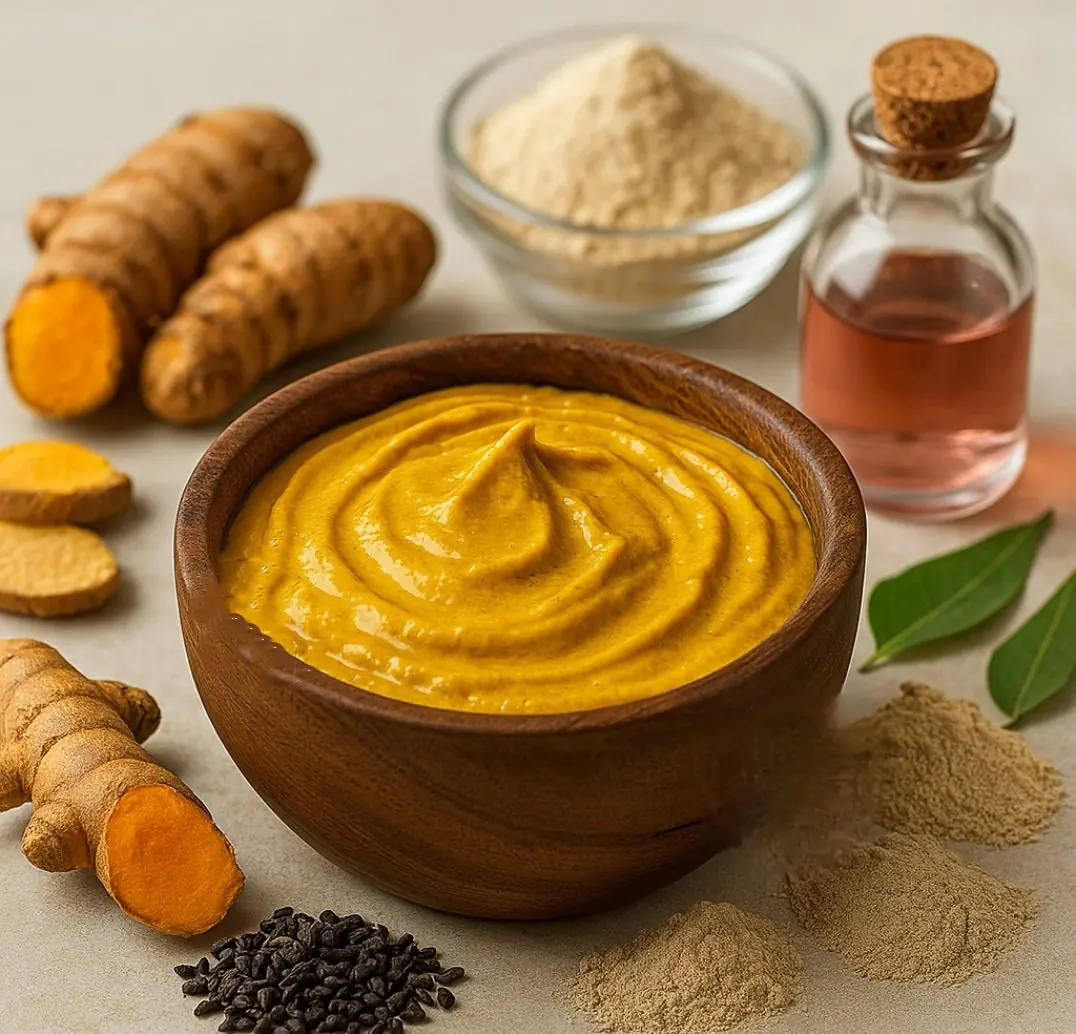
Ultimate Guide to Bridal Ubtan Recipes for Glowing, Radiant Skin: Timeless Beauty Secrets You Must Try
By consistently using these bridal ubtan recipes in the weeks leading up to your big day or any special occasion, you can unveil a luminous complexion that truly shines.

Excessive Sleep Could Increase Dementia Risk: What You Need to Know
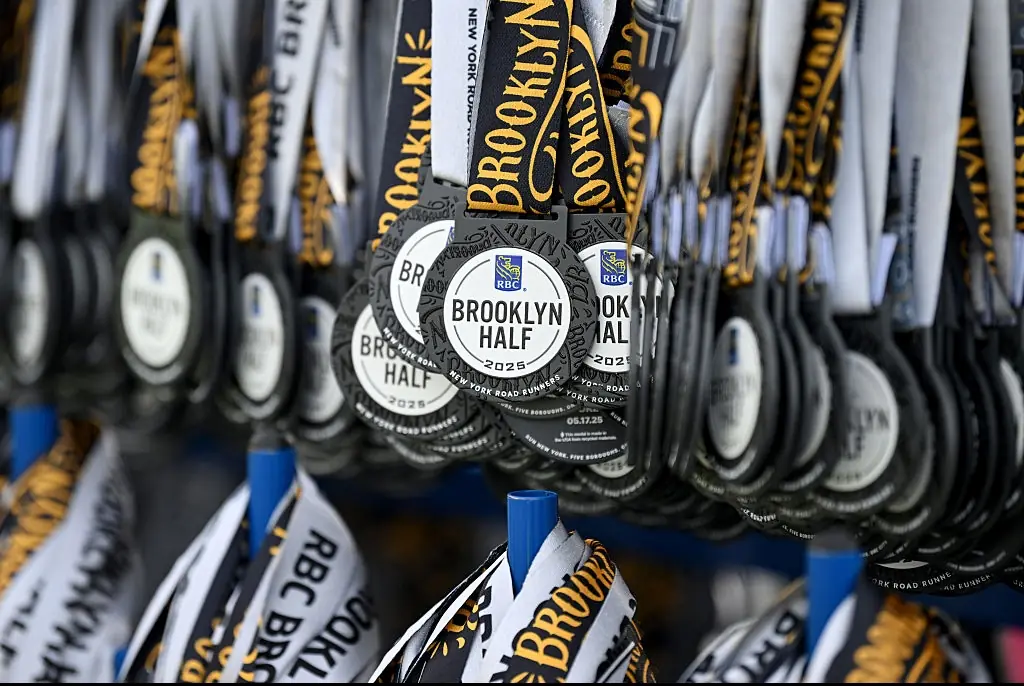
Brooklyn Half Marathon Runner Passes Away During Race After Collapsing on the Course

I Saw Her Name Glowing on His Phone Screen And My World Shattered
A glowing phone screen in a dark room revealed a deva$tating secret—my husband’s betrayal with someone I never expected. What followed was heartbre@k, rage, and the pa!nful choice to walk away.
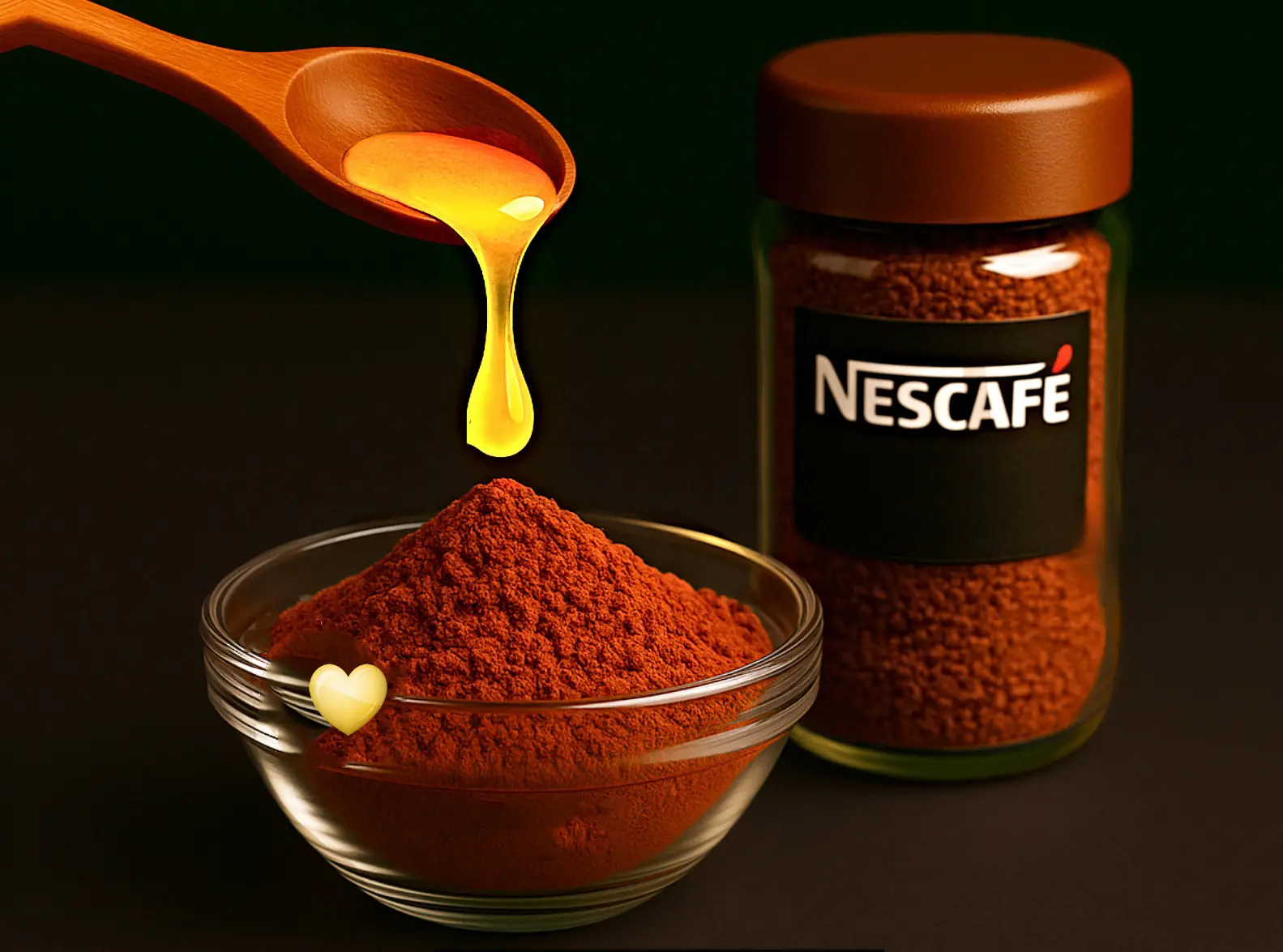
DIY Coffee Face Packs for Glowing Skin – Coffee Benefits for skin
These natural masks nourish, rejuvenate, and protect your skin while addressing concerns like wrinkles, dark spots, dryness, and dullness.

Solenn Heussaff Shows Off her Bl@ck Eye
Celebrating Mother’s Day with a touch of humor and a minor injury, Solenn Heussaff reveals how her youngest daughter accidentally gave her a black eye during a sleepy moment.

My Sister’s Face Staring Back at Me from His Laptop Screen: The Secret That Shattered My World
A forgotten laptop revealed a secret I never expected—my husband’s hidden life with my sister, a web of l!es, pa!n, and betrayal that turned my world upside down. This is the raw, heart-wrenching story of trust br0ken and truth uncovered.

Katy Perry Opens Up About a Hum!liating Setback That Almost Ended Her Music Career

Alynna Opens Up About Family Rift with Hajji Alejandro’s Relatives and Responds to Accusations of Gold-Digging
In an emotional reveal, singer Alynna discusses the tension with some members of Hajji Alejandro’s family, affirming her genuine love and sacrifice during their 27-year relationship.

My Sister Left Her Phone in My Car, What I Saw in Those Texts Shattered Everything
I never expected a forgotten phone to reveal a brutal conspiracy between my sister and someone I trusted — plotting to ste@l the family home and betray me. What followed was heartbre@k, rage, and the f!ght for justice.

Paolo Bediones Breaks Silence on Viral Privat3 V!de0 Controversy After 11 Years
After more than a decade, TV host Paolo Bediones opens up about the ordeal surrounding the leak of his privat3 vide0s and the threats he faced.

Kristel Fulgar Shares How Her Husband’s Conversion to INC Proved He Was ‘The One’
Kristel Fulgar opens up about her husband Ha Su-hyuk’s heartfelt journey to convert to Iglesia ni Cristo, revealing how this commitment confirmed their destined love.